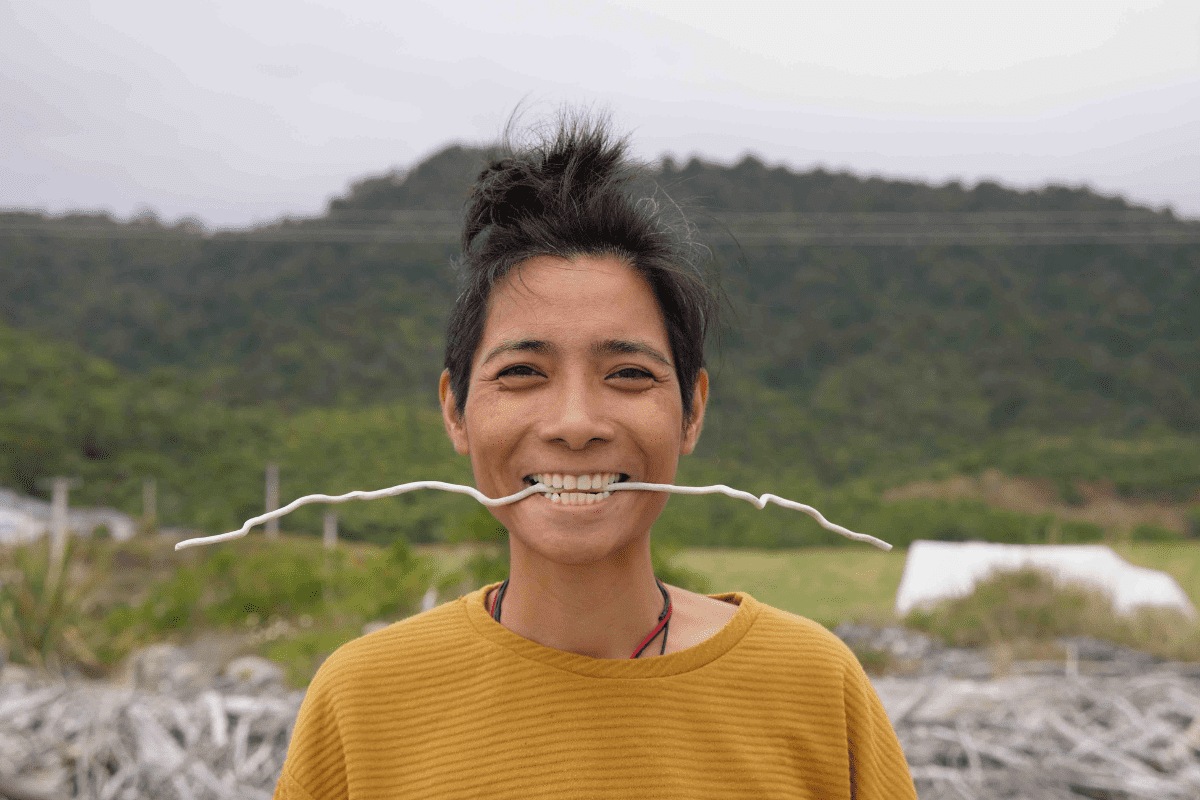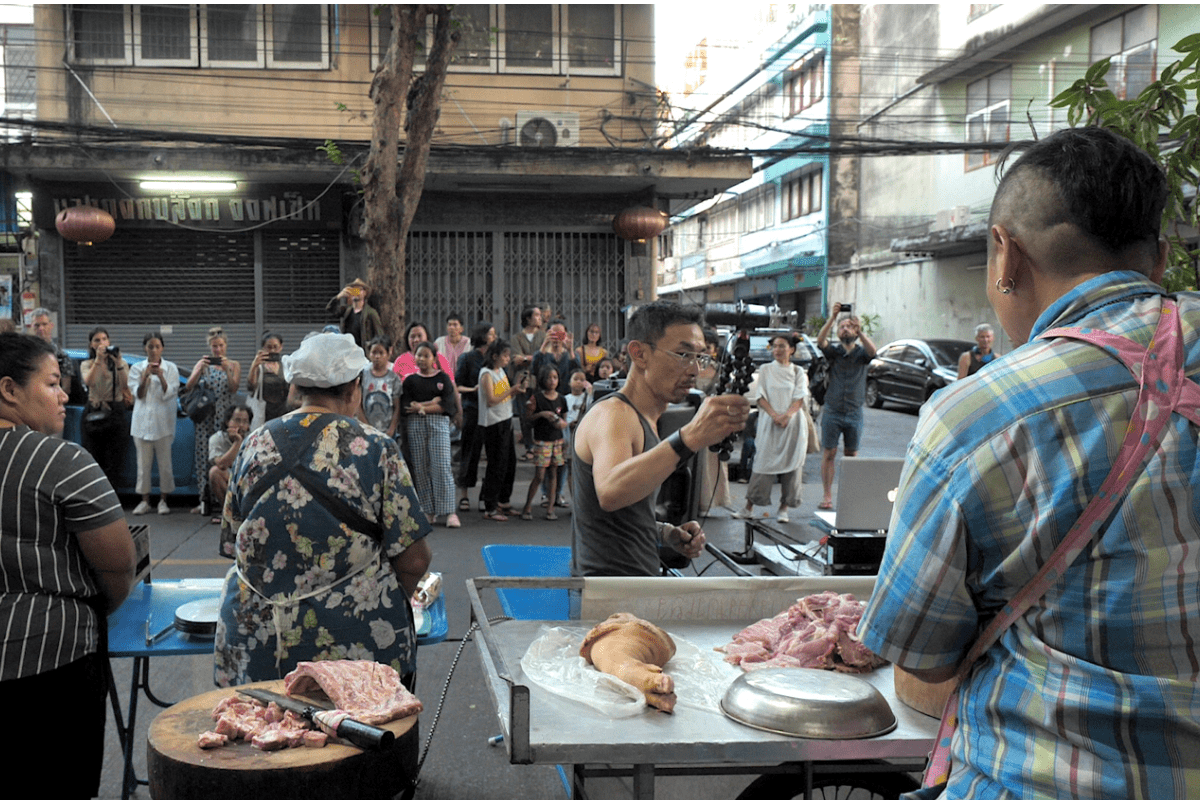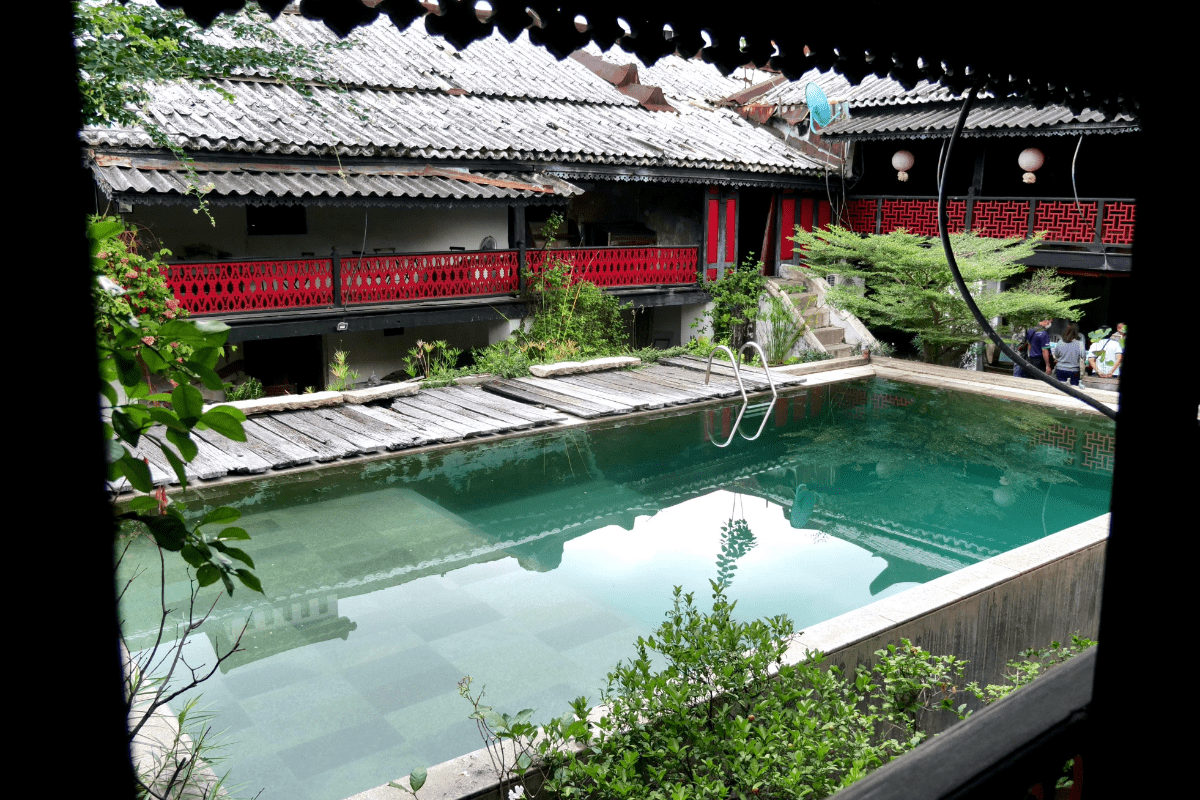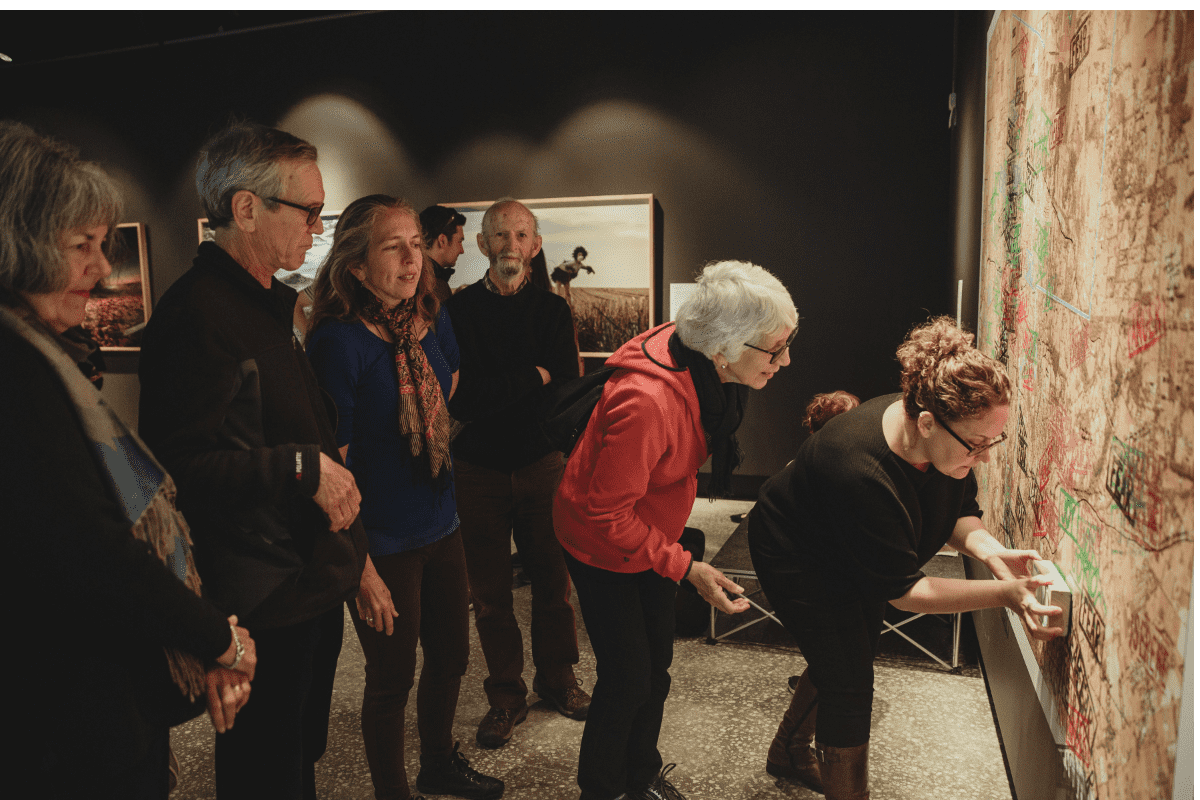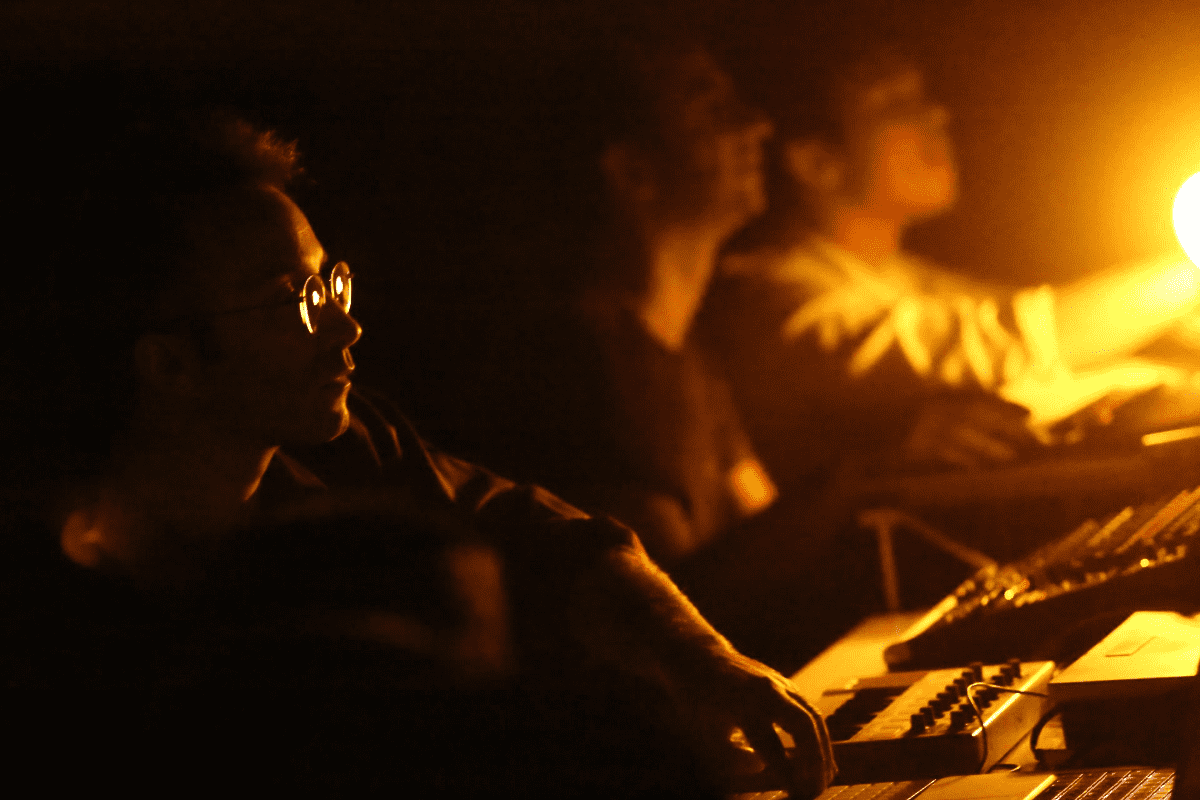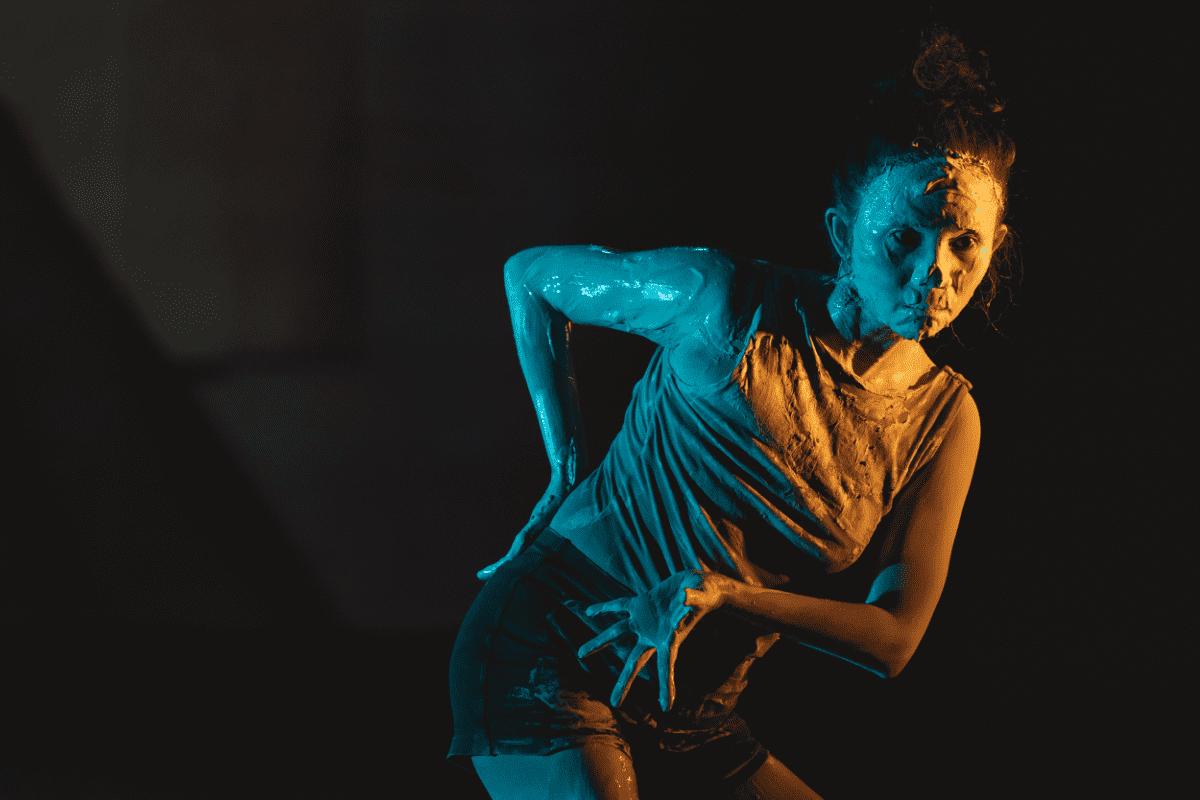Project
Why is the River Laughing?
Why is the River Laughing? is a series of projects produced by the CPT and curated by CPT Researcher and Thammasat University Faculty, Michael Hornblow. The project focuses on designing new water epistemologies for cities whose historical connection to water (for transport, farming, sanitation, cooking, recreation, and more) is eclipsed by ongoing processes of urbanization. This form forgetting is not only due to waterways and canals disappearing and systematically being replaced by other forms of urban infrastructure, but it’s also because “water,” in a city like Bangkok, is polluted, and deemed unhealthy for consumption. What’s more, water is also what may one day lead to the demise of many coastal cities in the age of extreme climate change. Water functions, then, like an “urban trauma.”
To intervene in this erasure, researchers attempt to forge new epistemologies of water through diverse practices of mythmaking and storytelling, and use a variety of physical and symbolic media to do so—performance, video, VR/AR, dance, narrative, sound art, sculpture, food art/design, and more. Together, these practices aim to reanimate water epistemologies in urban centers at risk of losing histories that are fundamental to educating us (as a species) on how to live with water in the future. The aim is for these stories to begin the reparative work of remembering water and using it to design different urban futures.
A crucial component of Why is the River Laughing? is its pedagogical experiments. To develop new epistemologies of water in complex urban settings requires that we pay special attention how we learn, unlearn, and relearn the urban environment. For this reason, the work of the international design pedagogy platform, the Laboratory for Experimental Design (LxD), is integral to the many installations and performances hosted by Why is the River Laughing? Through studios, workshops, and community education experiments, LxD interventions ensure that epistemology is pedagogy and vice versa. Taken as a whole, the project operates at the intersection of art/design research and pedagogical experiment.
